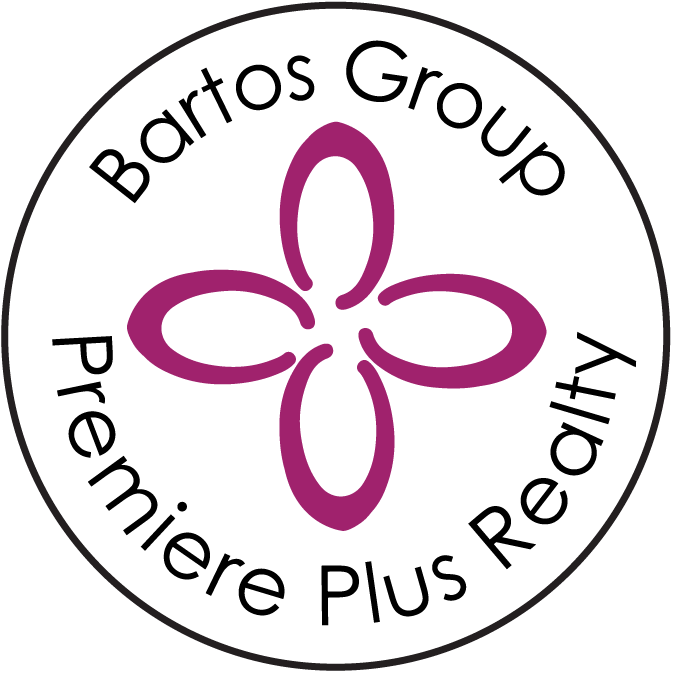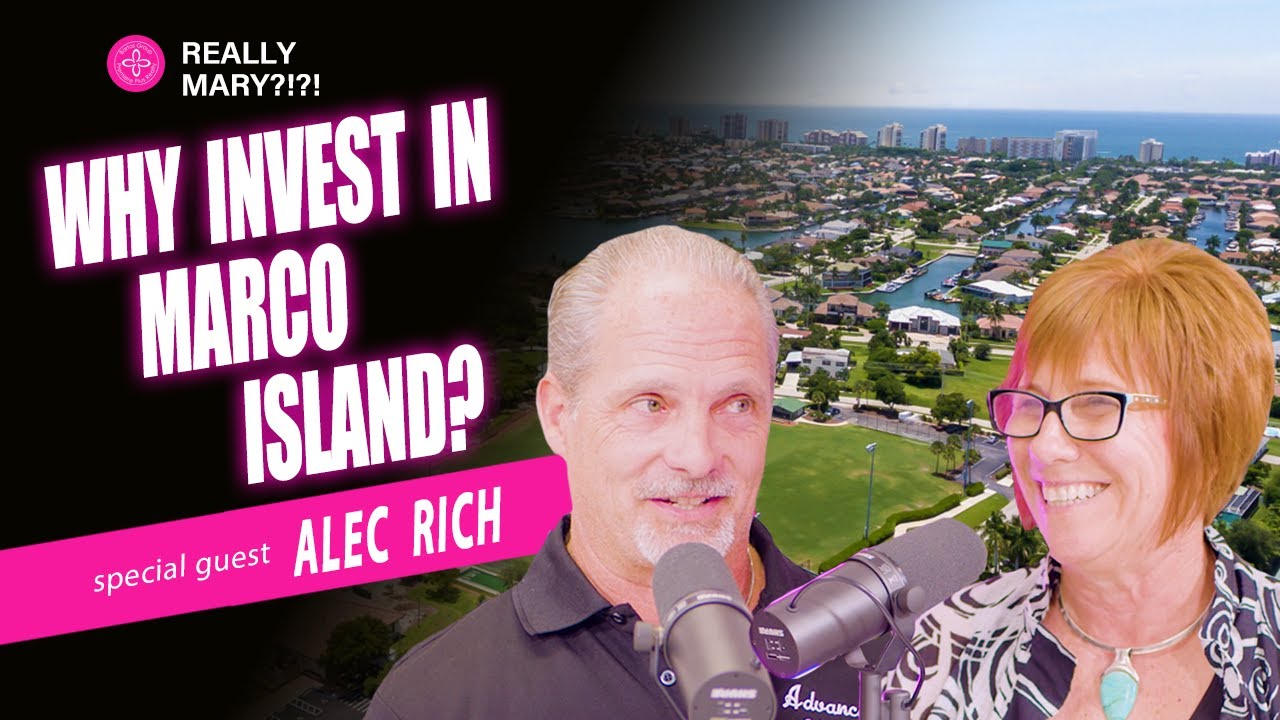
In a recent conversation led by Mary Bartos of The Bartos Group, investor Alec Rich of Advanced Waste Companies explains why an Investment in Marco Island has been the center of his real estate strategy for more than a decade. The discussion highlights what makes the island unique, how to select the right properties, and the investing principles that have kept Alec’s approach profitable and sustainable.
Why an Investment in Marco Island Stands Out
Marco Island isn’t just another Florida market—it’s a place people fall in love with. Alec’s entry into the market began simply: a family getaway that could be rented out when not in use. That early experiment evolved into a deliberate strategy because the fundamentals of an Investment in Marco Island support both lifestyle and returns. The island’s beaches, dining scene, boutique shops, and parks create a steady demand for vacation rentals and long-term stays alike.

When evaluating any Investment in Marco Island, the emotional draw matters but must be balanced with the economics. Alec emphasizes that the island is unique: “this island is a special island—there’s nothing like it.” That uniqueness drives consistent interest from vacationers and buyers, which in turn supports rental income and long-term appreciation.
How Alec Got Started: From Family Retreats to Purposeful Portfolio Building
Alec and his wife began by buying a place the family loved. They used short-term rentals to offset carrying costs and learned the market firsthand. Over time, what was once a vacation home became an active asset class. Many investors follow this path: they begin with a place they personally enjoy and then scale as the economics prove out. This is a common and effective route to entering the Southwest Florida market and pursuing an Investment in Marco Island.
While Alec and his family once considered moving down permanently, practical realities kept them from full-time relocation. Still, their continued investments show that an Investment in Marco Island can be successful without relocating—if the property is managed well and selected for the right amenities.
What to Look for When Choosing a Property
Alec’s search criteria are straightforward and human-centered: where would he want to take his family? What amenities do they love? That translates into practical points of focus for investors looking at an Investment in Marco Island:
- Proximity to beaches and parks—highly desirable for family rentals and multi-generational stays.
- Nearby restaurants and shopping—walkability and lifestyle matter to renters and buyers.
- Family-friendly features—spaces that accommodate kids and grandparents increase occupancy potential.
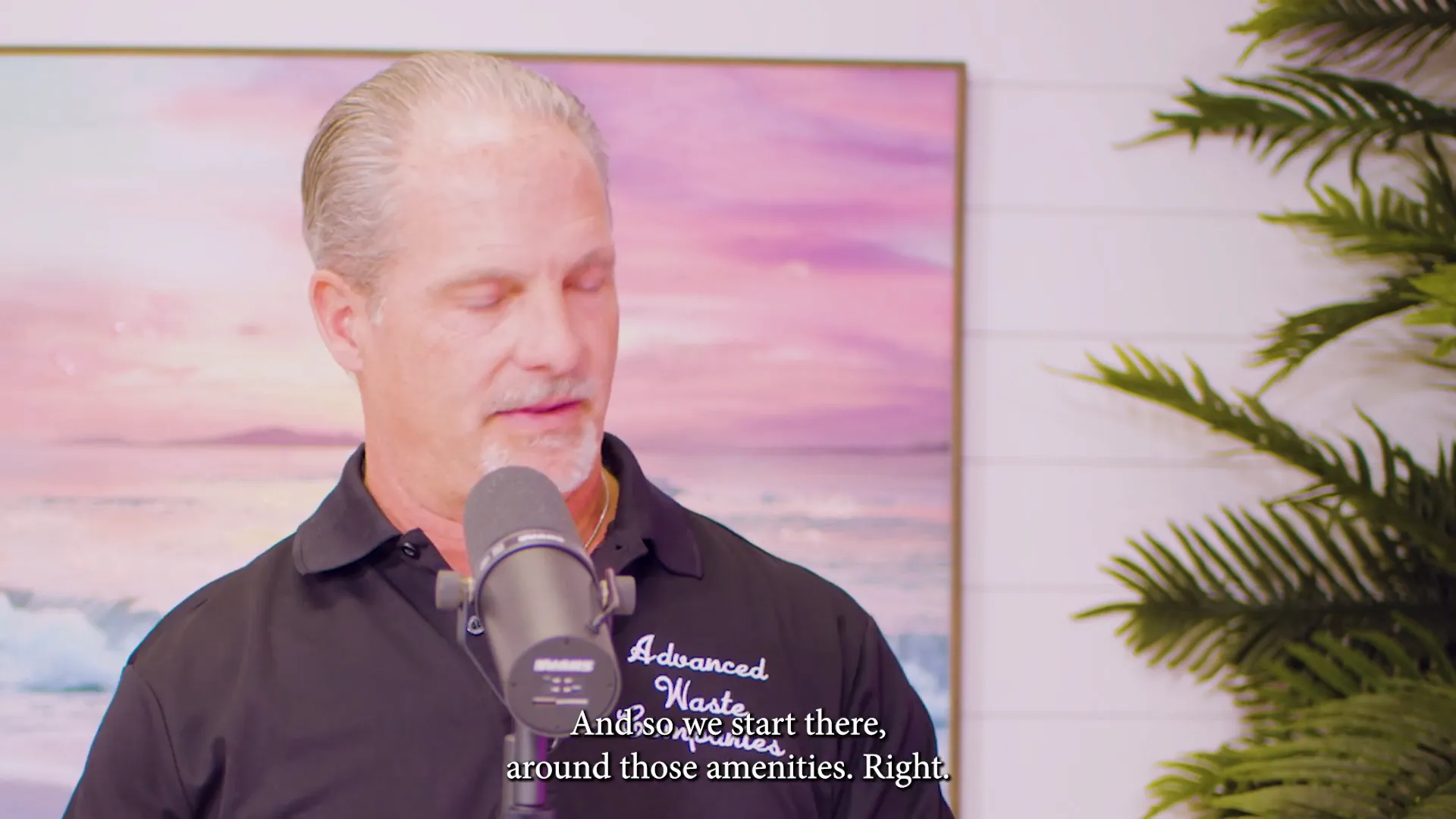
Selecting properties by these amenity-based standards ensures steady demand. An Investment in Marco Island that aligns with what families want tends to outperform properties chosen solely on price or speculative hopes.
Principles That Guide the Purchase
One of Alec’s most repeated maxims is a fundamental investing truth: “I make money when I buy a property, not when I sell it.” This principle forms the backbone of how he approaches each potential Investment in Marco Island. It means thorough due diligence, realistic financial assumptions, and a willingness to walk away if the numbers do not add up.
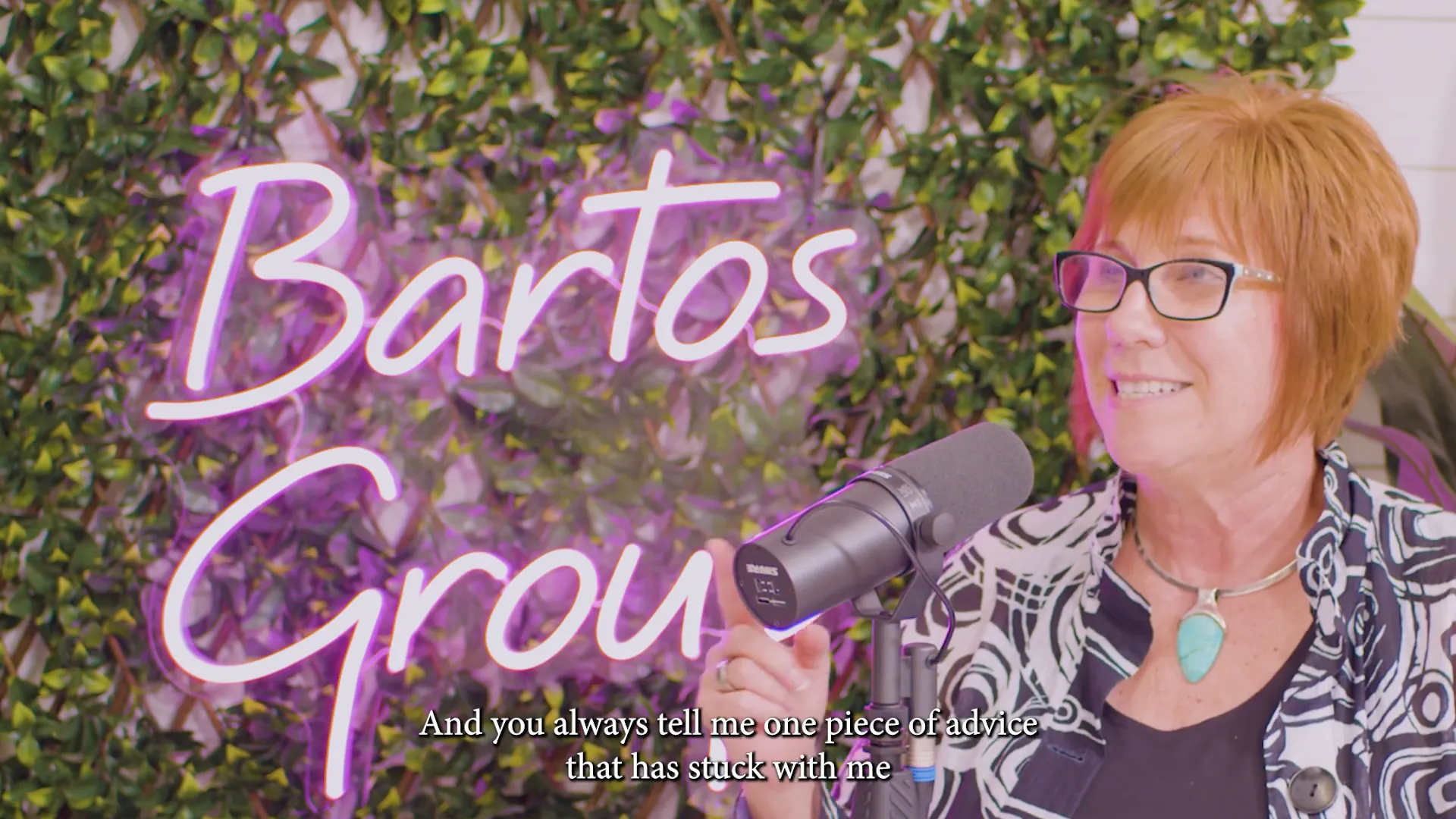
For serial investors—those who build a portfolio rather than flipping properties—Alec stresses a process-driven approach. He buys deliberately, inspects carefully, and avoids letting emotion drive decisions. When surprises arise after purchase—like a failing AC or unexpected repair—an experienced investor expects and plans for them. The resilience to handle these setbacks is essential for any successful Investment in Marco Island.
Leverage: Using Other People’s Money Wisely
Alec is clear about financing: he typically uses mortgages rather than tying up all his cash in properties. This strategy—leveraging debt—is framed not as risk for its own sake but as a deliberate growth and tax strategy. As Alec explains, leverage is a tool that enables scaling. For those focused on an Investment in Marco Island, leveraging equity to acquire more assets can accelerate portfolio growth while offering potential tax advantages.
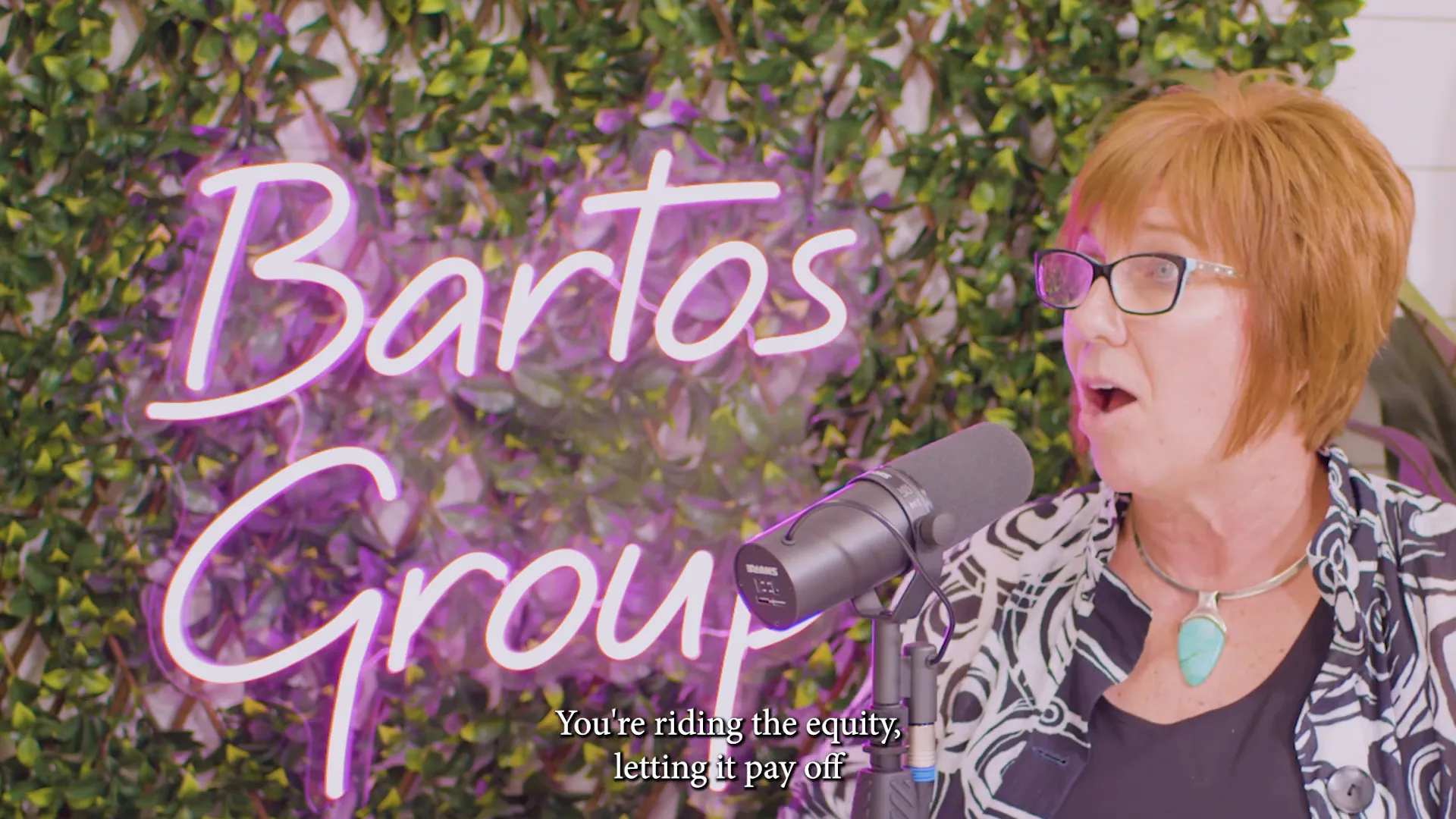
Leverage does require capital and discipline. Alec acknowledges he still injects significant capital at purchase, but balances that with mortgage financing to maintain liquidity and deploy capital more efficiently. The result: a sustainable approach to expanding holdings without triggering frequent taxable events.
Hold, Don’t Flip: The Power of Long-Term Ownership
Alec admits he prefers to buy and hold rather than sell—a stance that reduces taxable events and allows compounding to work in his favor. By retaining properties and using their equity for future purchases, he creates a self-reinforcing cycle that supports more acquisitions. For many looking into an Investment in Marco Island, this buy-and-hold philosophy offers a path to building a robust, income-producing portfolio.
Keeping properties also means building a playbook: proven vendors, property managers, and a realistic maintenance budget. The investor who treats an Investment in Marco Island as a long-term business is far more likely to succeed than the one seeking quick flips.
Practical Tips for Prospective Investors
From Alec’s experience, several practical takeaways emerge for anyone considering an Investment in Marco Island:
- Start with a property you love—but validate the numbers. Don’t let emotion override due diligence.
- Prioritize amenities that match your target renter or buyer—beach access, family features, and nearby dining matter.
- Use leverage intentionally. Mortgages can be powerful tools for scaling, but they require careful planning and reserves.
- Expect unexpected expenses. Building contingencies into projections is not optional—it’s essential.
- Think long term. If your goal is steady cash flow and appreciation, buying and holding frequently beats short-term speculation.
Conclusion: Why an Investment in Marco Island Works
Marco Island combines lifestyle appeal with rental demand and long-term value—key elements for investors seeking dependable returns. Alec’s approach—start with what you love, focus on amenities, employ rigorous due diligence, and use leverage wisely—illustrates a repeatable model for success. When applied consistently, these strategies make an Investment in Marco Island both practical and rewarding.
Frequently Asked Questions (FAQ)
Q: Is Marco Island a good market for first-time real estate investors?
A: Yes, Marco Island can be a good market for first-time investors who are realistic about costs and willing to learn the local market. An Investment in Marco Island often starts with a personal-use property that can be rented to offset carrying costs, but first-timers should partner with local experts to understand occupancy rates, seasonal demand, and property management requirements.
Q: How important are amenities when choosing a property?
A: Amenities are critical. Properties near beaches, family-friendly parks, restaurants, and shopping outperform those without lifestyle attributes. An Investment in Marco Island should be evaluated not only on square footage and price but also on how well it meets guests’ or buyers’ lifestyle expectations.
Q: Should investors use financing or pay cash?
A: Financing is a useful tool for scaling. Alec uses mortgages strategically to preserve capital, grow his portfolio, and take advantage of tax benefits. While paying cash reduces some risk, an Investment in Marco Island often benefits from leveraged growth when done with discipline and adequate reserves.
Q: How does one manage the risk of unforeseen repairs?
A: Expect repairs and budget for them. Short-term rental wear and tear, equipment failures, and unexpected maintenance are part of the business. An Investment in Marco Island must include contingency funds and reliable contractors to keep properties operational and profitable.
Q: Is it better to flip properties or hold long term?
A: For many investors in Marco Island, long-term holding is preferable. Holding minimizes taxable events and allows equity to be leveraged for new purchases. Alec’s preference for buy-and-hold shows how an Investment in Marco Island can compound over time when managed with patience and discipline.
Interested in exploring Investment in Marco Island? Reach out to local experts who know the island’s neighborhoods, seasonal dynamics, and rental marketplace. With the right strategy—amenity-driven selection, disciplined due diligence, and thoughtful leverage—an Investment in Marco Island can be both a lifestyle choice and a strong financial decision.
Contact Us Today! |
|
Providing you the experience you deserve! |
| Click me |
